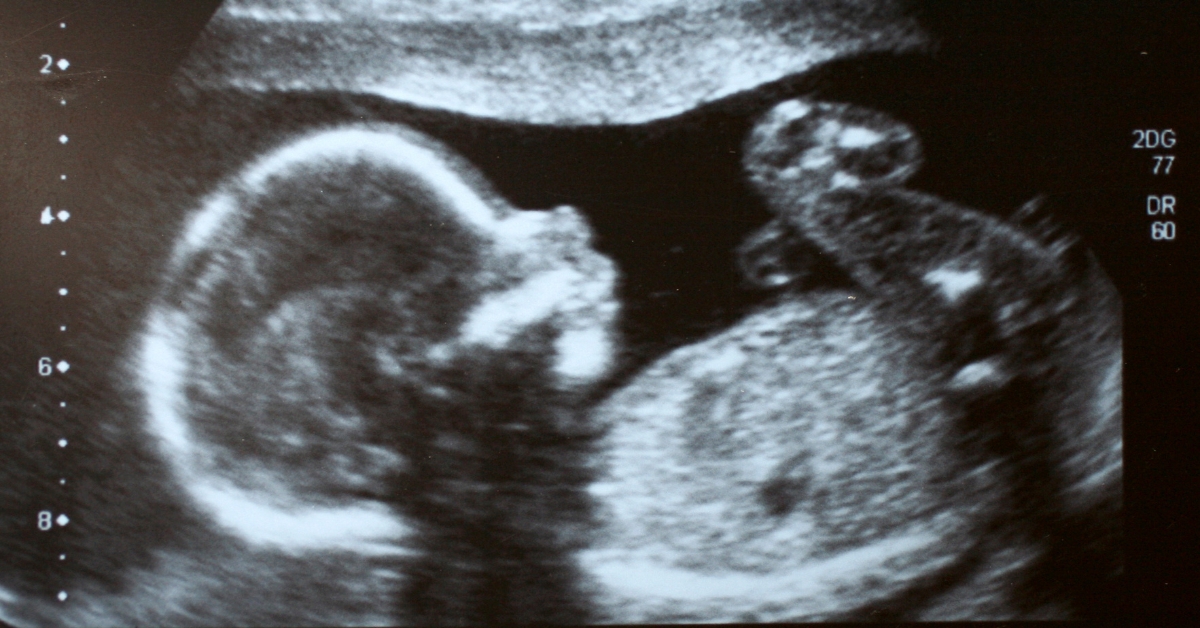
Biden’s Attempt to Transform Emergency Rooms into Abortion Facilities Faces Legal Battle
The Biden administration’s attempt to use federal law to force emergency room doctors to perform abortions has been met with opposition from the state of Texas, pro-life medical organizations, and conservative groups. Last year, a federal district court in Texas issued an order blocking the administration’s efforts, stating that Texas and the pro-life physician groups were likely to succeed in their case against the U.S. Department of Health and Human Services (HHS).
The case, known as Texas et al., v. Xavier Becerra, et al., revolved around the administration’s mandate, creatively based on the Emergency Medical Treatment and Labor Act (EMTALA), which aimed to require abortions even in situations where Texas law prohibits them under the Texas Human Life Protection Act.
Texas, along with the American Association of Pro-Life Obstetricians and Gynecologists and the Christian Medical & Dental Associations, challenged the Biden administration’s abortion mandate in federal court. They argued that this mandate unlawfully demands abortions, forcing doctors to perform them, even when it goes against their religious beliefs or state law.
The Biden administration is now back in court, trying to push Texas into allowing abortions in emergency rooms. The legal dispute continues in the U.S. Court of Appeals for the 5th Circuit under the case State of Texas v. Becerra. The Alliance Defending Freedom (ADF), representing the pro-life medical groups, aims to prevent the administration from using EMTALA to compel doctors to provide elective abortions in emergency rooms.
According to ADF Senior Vice President Ryan Bangert, “Hospitals—especially emergency rooms—are centers for preserving life. The government has no business transforming them into abortion clinics. Doctors shouldn’t be forced to violate their deeply held beliefs or face financial penalties. We urge the court to uphold the lower court’s ruling and allow emergency rooms to fulfill their primary function—saving lives.”
EMTALA was enacted in 1986 to ensure public access to emergency medical services, irrespective of an individual’s ability to pay. Section 1867 of the Social Security Act, within EMTALA, imposes obligations on Medicare-participating hospitals that offer emergency services to provide a medical screening examination or treatment for an emergency medical condition, including active labor, regardless of financial status.
The central issue stems from the interpretation of EMTALA, with U.S. Health and Human Services Secretary Xavier Becerra arguing that the law mandates doctors to provide abortions when they believe it is necessary for a pregnant patient’s medical condition. This interpretation implies that state laws prohibiting abortions, without exceptions for the life and health of the pregnant person, should be preempted by federal law.
However, the court found that this interpretation stretched the law beyond its text and was unauthorized. EMTALA explicitly “protects both mothers and unborn children,” as pointed out by the judge. The law does not specifically mandate or approve the provision of any particular treatment, including abortion.
In another case in Idaho, the Department of Justice filed a suit against the state to challenge its new law restricting abortions. The Justice Department claimed that the Idaho law conflicted with EMTALA and medical treatment for pregnant women in emergency rooms. U.S. District Judge B. Lynn Winmill recently found that Idaho’s law conflicted with federal law because it banned abortions in nearly all circumstances.
While legal battles on this issue continue in various states, the question of whether EMTALA can be used to compel emergency room doctors to perform abortions remains a contentious legal matter, but pro-life states and organizations will continue to oppose this radical abortion policy of the Biden Administration.














